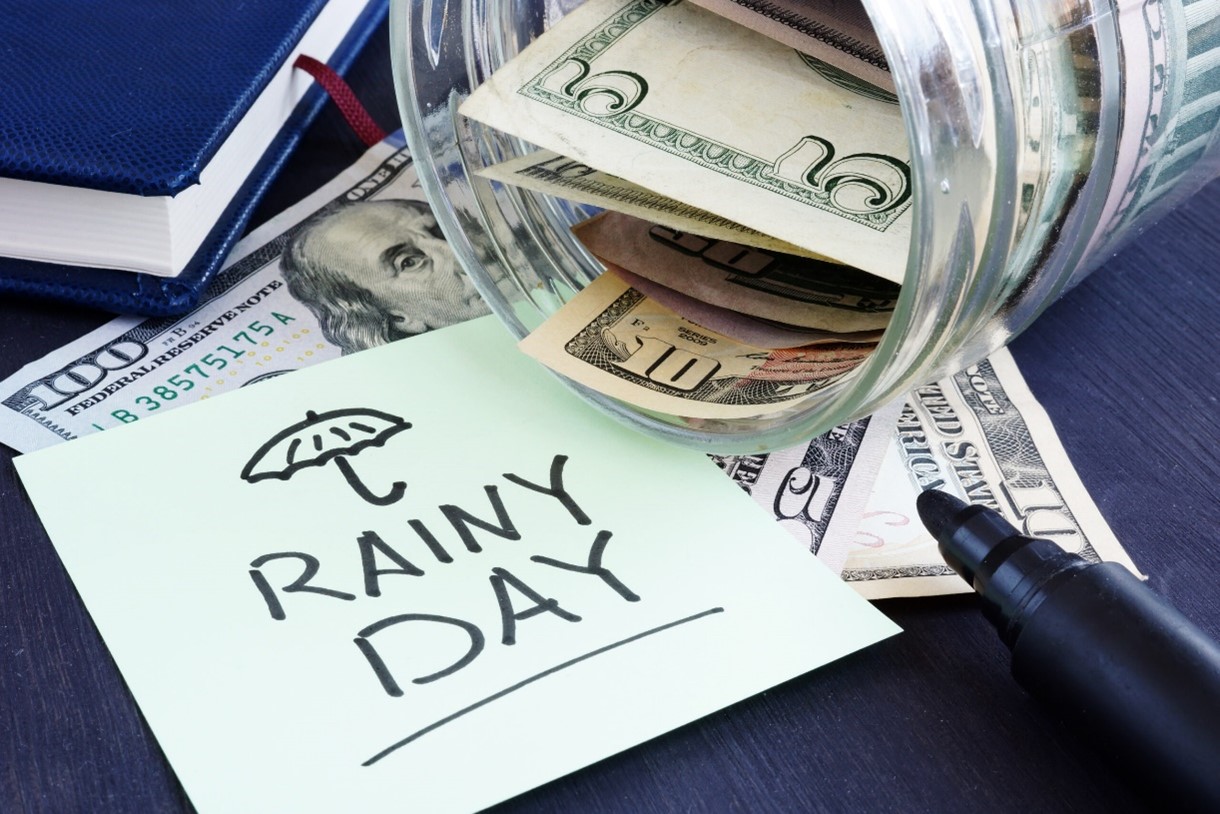Are you prepared for life’s unexpected curveballs? In this post-pandemic world, with the increasing costs of basics like groceries, gas, and housing, saving can feel like an overwhelming goal. However, having an emergency fund is more important than ever. Building up an emergency fund is like having a financial safety net that can cushion the impact of unforeseen expenses. In this post, we will explore practical tips on how to grow your emergency fund, ensuring you have peace of mind during challenging times. So, let’s dive in and start saving smartly!
Determine How Much You Need
Before you start saving for your emergency fund, it’s crucial to determine how much you actually need. Consider factors like monthly expenses, debt obligations, and any potential emergencies that could arise. The general recommendation is to aim for an emergency fund that covers 3-6 months of expenses. However, this may not be feasible for everyone right away, and that’s okay.
Take the time to assess your current financial situation thoroughly. Look at past unexpected expenses or emergencies to gauge the amount needed in your fund. Remember, everyone’s situation is unique, so there is no one-size-fits-all approach when it comes to determining the right amount for your emergency fund. By setting a specific target based on your individual circumstances, you can stay focused and motivated as you work towards growing your emergency fund. This proactive step will help ensure that you are adequately prepared for any financial challenges that come your way.
Start Small and Build Gradually
Growing an emergency fund can seem daunting, so start with smaller, manageable goals. Initially, aim to save $500. Once you reach that milestone, set your next goal at $1,000. Ultimately, work towards having enough to cover 2-3 months of expenses. Breaking your goal into smaller steps makes it more achievable and less overwhelming.
Don’t get discouraged if progress seems slow at first. Building an emergency fund is a marathon, not a sprint. Celebrate each milestone along the way and stay focused on the bigger picture of financial security.
By consistently saving and staying committed to your goal, you’ll gradually see your emergency fund grow. Taking it slow allows you to establish healthy financial habits that will benefit you in the long run.
Treat It Like a Bill
When it comes to growing your emergency fund, one effective approach is to treat it like a bill. Think of it as a non-negotiable expense that you prioritize each month. Just like paying your rent or utilities, allocate a specific amount towards your emergency fund regularly.
By treating your emergency fund as a bill, you are instilling discipline and consistency in saving for unexpected expenses. Set up an automatic transfer from your checking account to your savings account each payday. This way, you won’t even have to think about it – it becomes a natural part of your financial routine.
It’s essential to adjust your budget accordingly to accommodate this “bill.” Cut back on unnecessary expenses or find ways to increase your income if needed. Remember, the goal is not just to save when you have extra money left over but rather make saving for emergencies a priority.
Decide Where to Keep Your Emergency Fund
Choosing the right place to keep your emergency fund is essential. It should be accessible enough to get to when needed but not so easy that you’re tempted to dip into it for non-emergencies. Consider keeping it in a high-yield savings account, separate from your everyday checking account. This approach ensures that your money is growing while still being readily available when true emergencies arise.
Only Use It for Emergencies
Remember, your emergency fund is there to provide you with a safety net in times of need. It’s not meant for impulse purchases or non-essential expenses. By sticking to the purpose of your emergency fund and only using it when faced with true emergencies, you’ll be able to grow and maintain it over time.
Conclusion
Start implementing these tips into your budgeting routine today to ensure that you have a solid financial foundation for whatever life may throw at you. Building an emergency fund takes time and discipline, but the peace of mind it brings is invaluable. Stay committed, stay focused, and watch your savings grow steadily over time.


